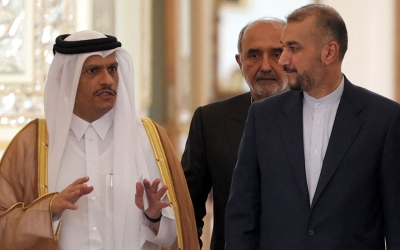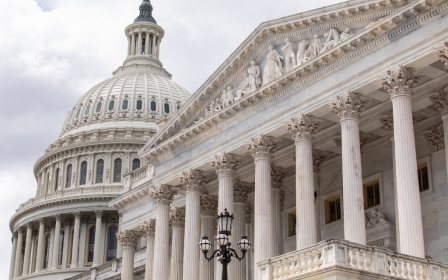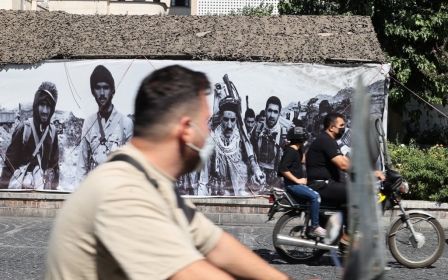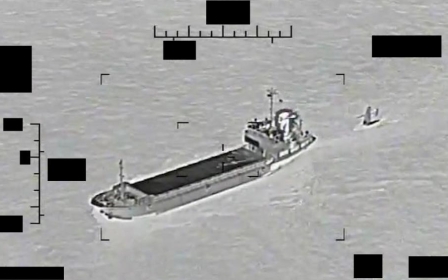EU's foreign policy chief says nuclear deal 'in danger'
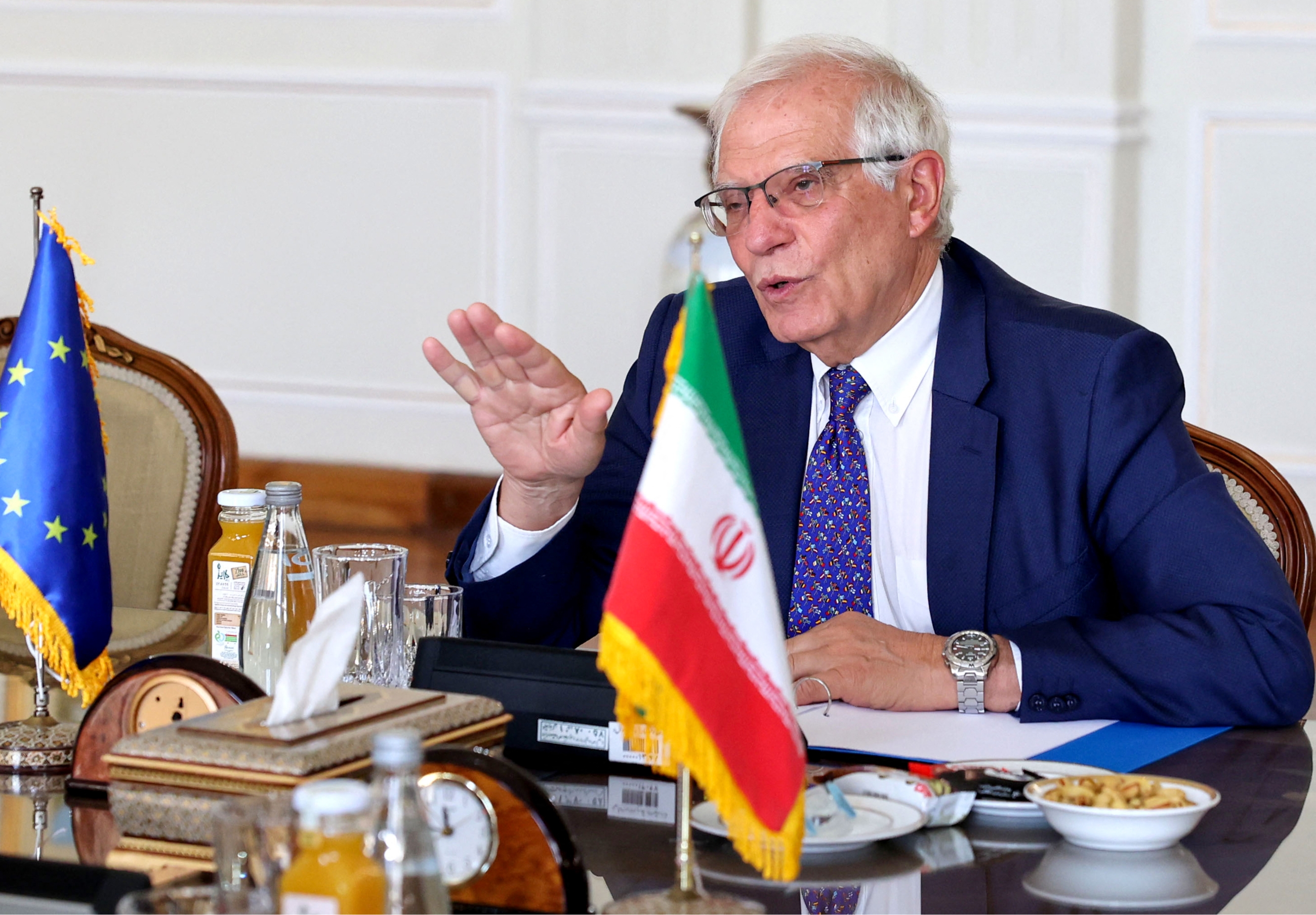
The European Union's foreign policy chief Josep Borrell, who is shepherding attempts to save the suspended Iran nuclear deal, said on Monday that prospects for a new pact were “in danger” as Iran and the US diverge on negotiations.
Borrell said he was “less confident” in a revival of the accord after Iran’s latest response to an EU-drafted text last week, which hardened Tehran's demands on Washington. "If the purpose is to close the deal quickly, it is not going to help it," he said.
Last month Borrell put forward what he called a final text to restore the 2015 accord, and called on both the US and Iran to provide a "yes or no" answer to the proposal.
The compromise draft which sought to cap more than 16 months of negotiations raised hopes that a deal was close.
On Thursday, however, Washington said that Iran’s latest proposed changes to the text were "not constructive" and on Monday Iran complained that it had not yet received an official US response.
New MEE newsletter: Jerusalem Dispatch
Sign up to get the latest insights and analysis on Israel-Palestine, alongside Turkey Unpacked and other MEE newsletters
'Process in danger'
Speaking at a news conference in Brussels, Borrell said his initial "carefully balanced" text had been "well received" and that initially, it had seemed the parties were converging on a common position.
"But the last interaction is not converging, it is diverging," he said. "That is very much worrisome, if the process does not converge. The whole process is in danger.”
Borrell says he will keep consulting with all of the other JCPOA participants, and in particular the US, but the optimism has receded.
"I'm sorry to say that I am less confident today than 28 hours before about the convergence of the negotiation process and about the prospect of closing the deal right now,” Borrell said on Monday.
The 2015 accord gave Iran sanctions relief in exchange for curbs on its atomic programme to guarantee Tehran could not develop a nuclear weapon.
Washington unilaterally withdrew from the nuclear pact in 2018 under former President Donald Trump. Iran reacted by gradually backtracking on its obligations under the deal and began enriching uranium.
In recent weeks, the two sides appeared to be inching closer to an agreement.
Last month a US official said Iran dropped its demand that Washington lift the foreign terrorist organisation designation on the Revolutionary Guard Corps (IRGC), a contentious issue that sparked bipartisan criticism in the US among opponents of the deal.
For its part, Tehran has sought assurances that the economic benefits of reentering the deal will be preserved if the US decides to withdraw from the agreement in the future.
Yet prospects for a breakthrough appeared to narrow last week after a US State Department spokesperson said Iran’s response to the EU proposal was “not constructive”.
The probe by the International Atomic Energy Agency (IAEA) into Iran’s undeclared nuclear programme has emerged as the latest lightning rod in the talks.
In an interview last week, Iranian President Ebrahim Raisi warned that any attempt to restore the nuclear deal would require UN inspectors to end their investigations, referencing “safeguards issues” related to the nuclear watchdog's probe.
“Without resolving safeguards issues, talking about an agreement would be meaningless,” he said.
Also last week, a bipartisan group of 50 House lawmakers sent a letter to US President Joe Biden, expressing concern about a return to the Iran nuclear deal and urging the administration to provide Congress with the full text of any potential agreement.
Middle East Eye delivers independent and unrivalled coverage and analysis of the Middle East, North Africa and beyond. To learn more about republishing this content and the associated fees, please fill out this form. More about MEE can be found here.


